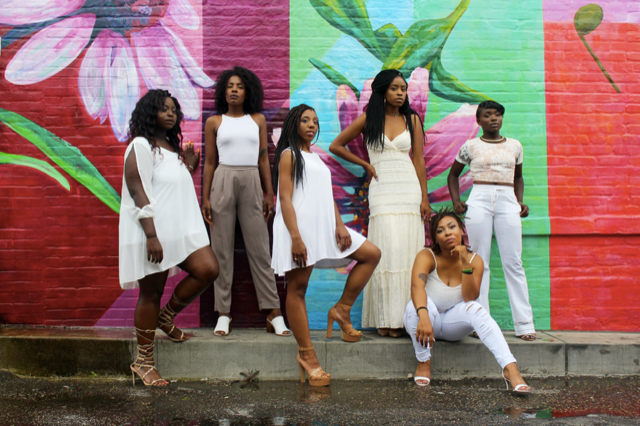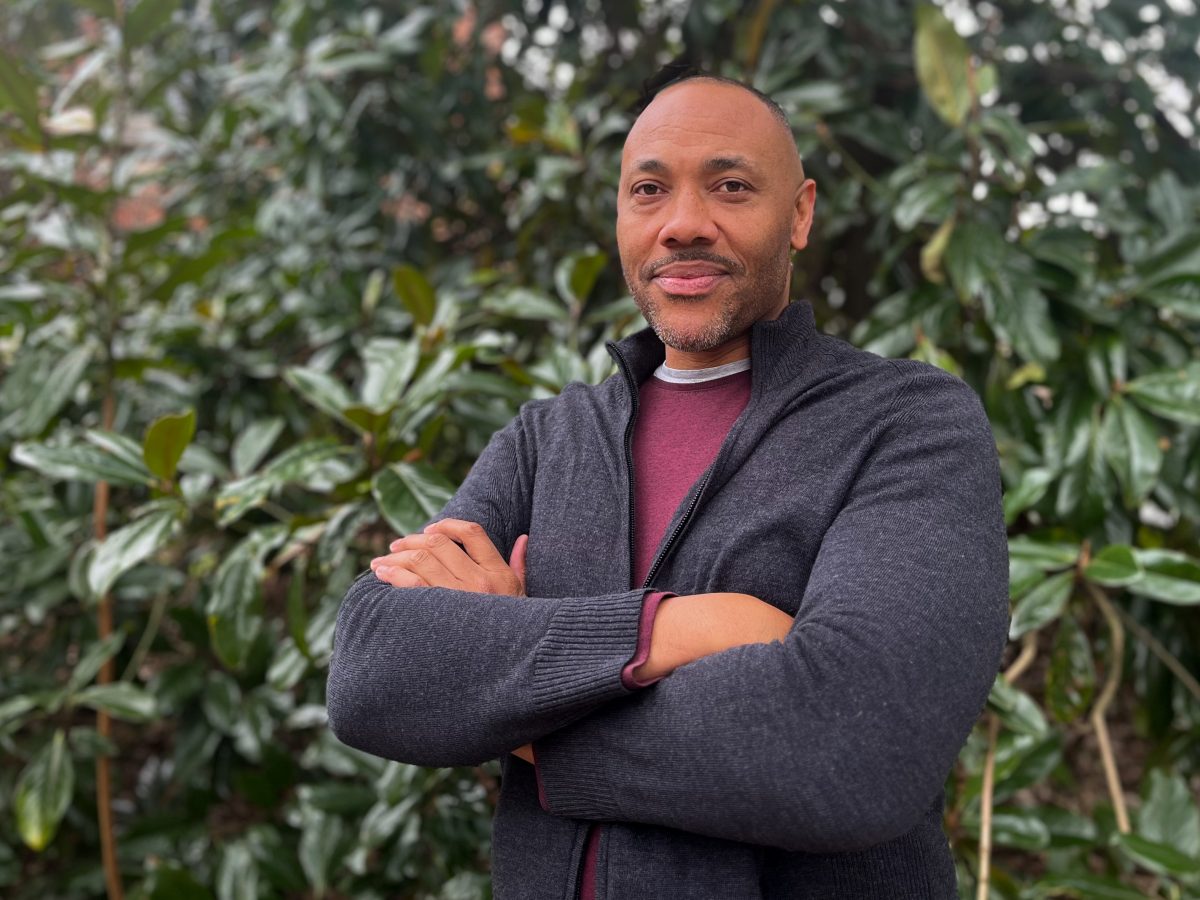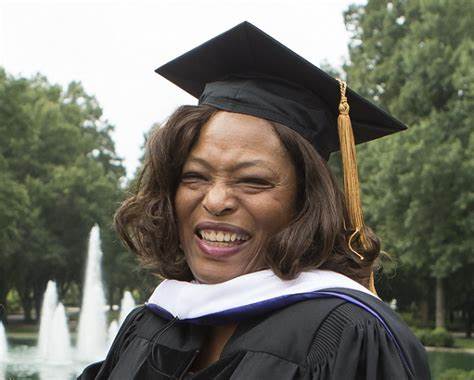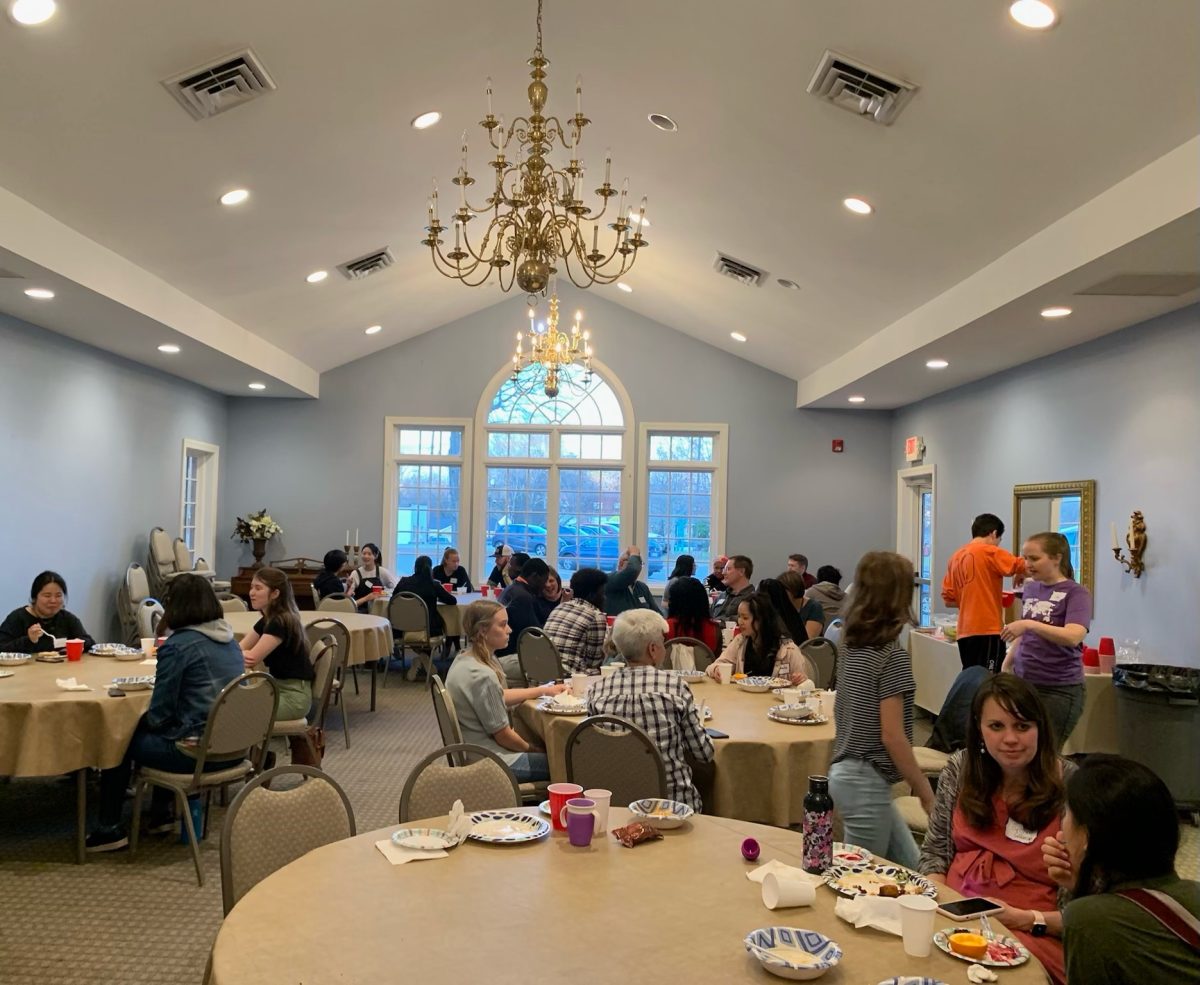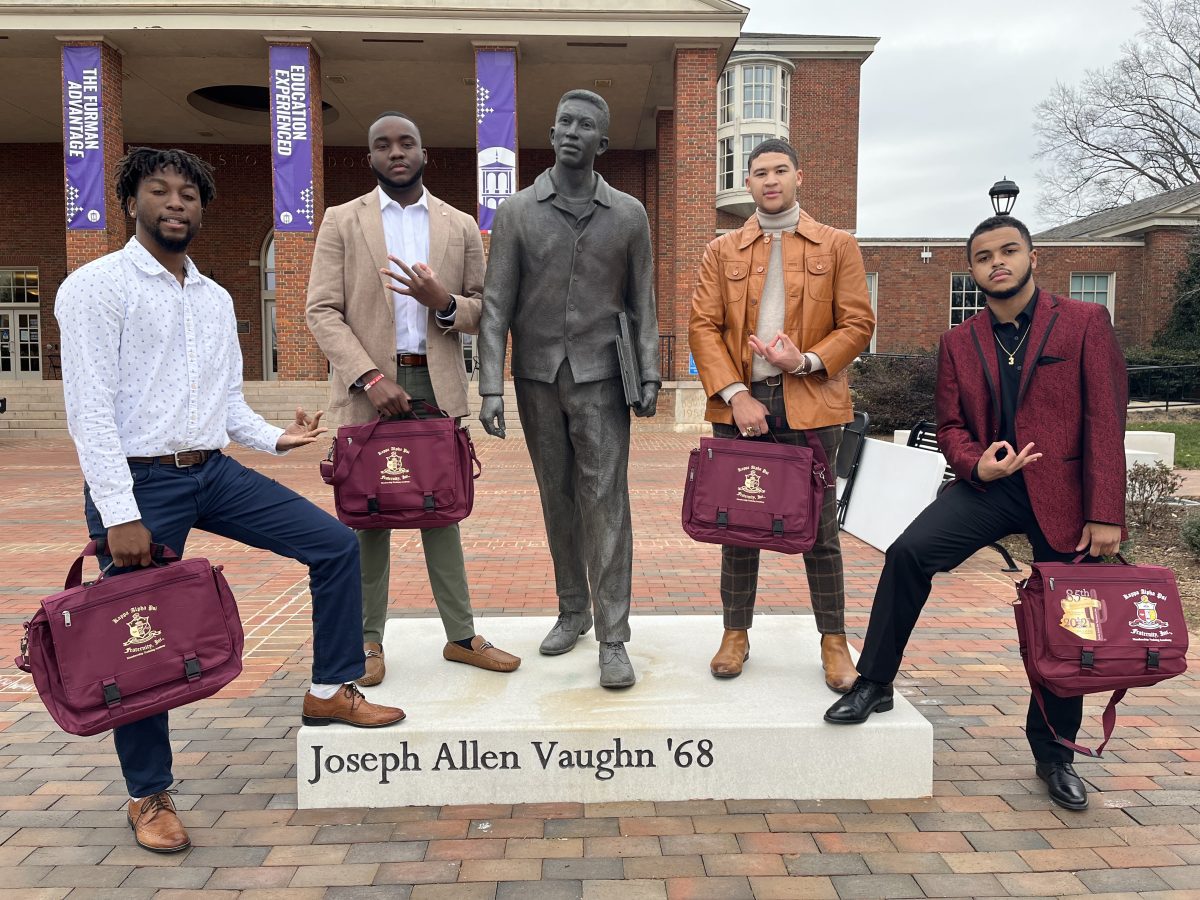When you look at the years of torment, pain and injustice the Black community has gone through in America, it is clear that there is no end in sight. Failures within the government and American society have caused suffering to the Black community time and time again. One group in particular bears the heaviest burden of this long standing suffering – she is known as the Black female. From the moment the first African slave ship reached the shores of America, Black women have had to deal with the most detestable circumstances known to man. From being sexually violated by slave owners, to dealing with modern day difficulties such as being asked “Can I touch your hair,” the black woman has been dehumanized and exoticized for far too long.
We recently saw a situation of incredible disrespect and apathy to a Black female in the case of Breonna Taylor. On March 13, 2020, Breonna Taylor was shot and killed in her own home when police entered her residence on a no-knock warrant in hopes of finding evidence of drug trafficking. No drugs were found in the apartment, but Breonna Taylor, a 26-year-old certified EMT was shot dead. Brett Hankinson, Jonathan Mattingly and Myles Cosgrove were the officers who entered Taylor’s home on that fatal night. Months later, on Sept. 23, Hankison was indicted on 3 counts of first degree wanton endangerment charges, but was not charged directly with Taylor’s death. The failure to convict Taylor’s killers and the indifference that so many have shown in the wake of her death have made clear that in the United States, the Black woman continues to be ignored, denied justice, and treated as less than human.
Since the treatment of Black women in America is so horrendous, I took on the task of interviewing Sinclair Gibson, a senior Health Sciences major here at Furman, to gain insight into her experience of being a Black female in America and at Furman. When I asked Gibson three words that she’d use to describe growing up as a Black female, she responded with “ever-changing, grateful and empowered.” Her response embodies the strength she and so many other Black women have shown despite the obstacles posed by discrimination. She highlighted these challenges when asked what the most disrespectful thing that anyone had ever said to her regarding her race and gender was. Gibson said that, “Someone told me Black women are the least attractive race in a romantic sense.” Comments like that can create negative images of Black women in their own heads. Such stereotypes promote and perpetuate the harmful misconceptions that Black women are not attractive, smart or emotionally stable. This image needs to be erased in our country, because it is based on a set of stereotypes that have been used historically to degrade and disrespect Black women in America.
We can start by erasing those stereotypes right here at Furman. Gibson stated, “I grew up in Atlanta around a lot of Black people who had begun to build generational wealth for their families through their education and career paths… When I came to Furman I met a lot of people who knew Black people in a narrow-minded sense, people who had a pre-developed idea of what Black people could and couldn’t do.” Gibson said she wants people to approach Black women at Furman with “open-minds and without preconceived notions about how we will respond and act…My skin does not tell you who I am.”
It is clear that at Furman, and in America as a whole, many people share narrow mindsets when it comes to the way they view Black women. However, this negative mindset toward Black women can be shifted by opening one’s mind and ignoring societal stamps. Because the Furman community is so close and interconnected, we should all make an effort to understand individuals for who they are and not judge them based on what we think we know. Black females have been misunderstood for far too long and it is important that we dismantle the biased treatment that they face.
One thing is certain: Black women will continue to persevere and have a positive impact on our community. There are so many amazing Black females who have helped progress and shape our nation into what it desperately needs to become. Women such as Harriet Tubman, Maya Angelou, Rosa Parks and Michelle Obama are great examples of Black women who did not allow society to influence their self worth. In fact, the hardships they endured fueled their drive to make change. The resilience of Black women is remarkable.. They deserve to receive the same respect as any other individual, and this call for respect is overdue. The voices and feelings of Black women must no longer be ignored.



































